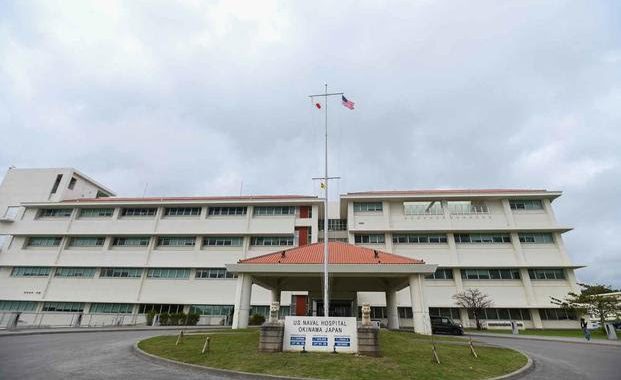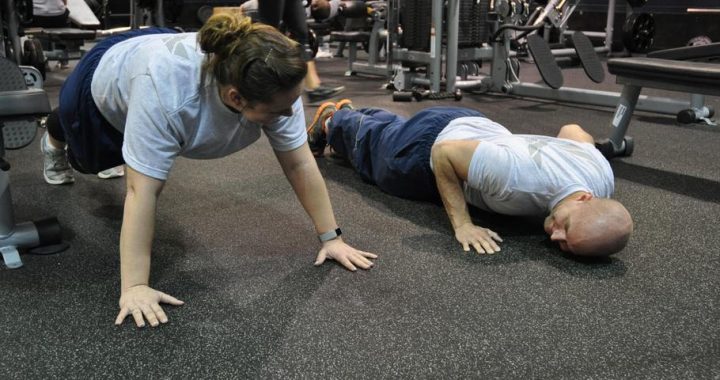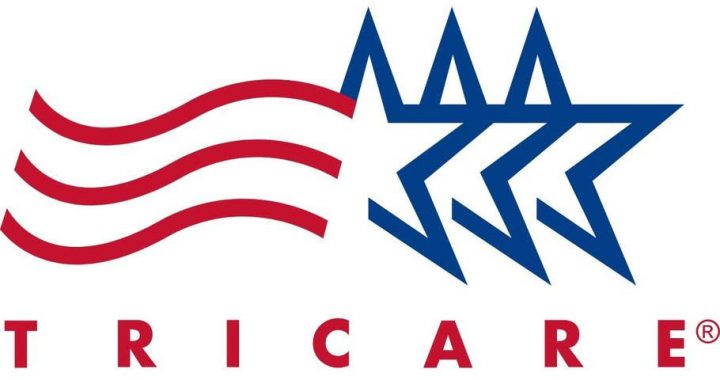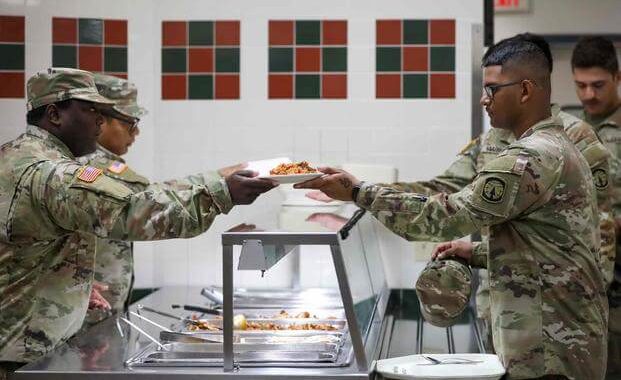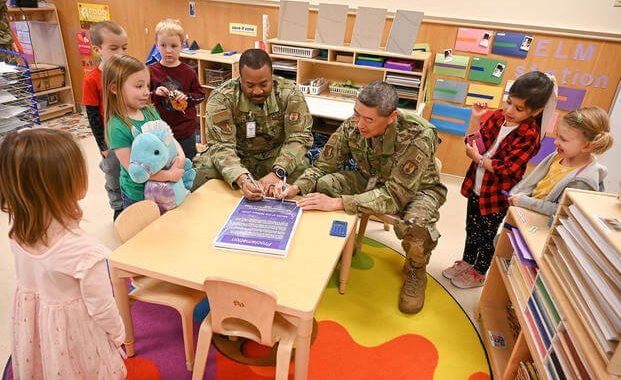NMCP Hosts ‘The Future of Military Medicine’ Discussion Panel
3 min read
PORTSMOUTH, VA, UNITED STATES
Story by Seaman Imani Daniels
Naval Medical Center – Portsmouth
PORTSMOUTH, Va. (Nov. 14, 2019) Naval Medical Center Portsmouth (NMCP) hosted the Future of Military Medicine panel to discuss military treatment facilities’ (MTFs) transition to the Defense Health Agency (DHA). The panel participants were Capt. Joel Schofer, deputy chief of the Medical Corps at the Navy Bureau of Medicine and Surgery (BUMED); Capt. Guido Valdes, Navy Medicine East’s (NME) deputy commander and Capt. Lisa Mulligan, NMCP’s commanding officer.
The transition was mandated by Congress’s 2017 National Defense Authorization Act, and implemented by DHA, to gradually assume management and administration of MTFs across the health care system. To complement NMCP’s transition, Navy Medicine is establishing a co-located Navy Medicine Readiness and Training Command (NMRTC). Navy Medicine, through the NMRTC, retains command and control of the uniformed medical force, and maintains responsibility and authority for operational readiness. This includes the medical readiness of Sailors and Marines, as well as the clinical readiness of the medical force.
“The transition is going well,” Schofer said. “DHA is building its bench. What BUMED is doing is taking personnel and putting them into what is called the direct support cell. The direct support cell is the portion of BUMED that is helping DHA run MTFs.”
While DHA will be responsible for health care delivery and business operations, Navy Medicine will retain principal responsibility for operational readiness of the medical force.
“The way we think about our mission has changed more than the actual mission,” Mulligan said. “We need to start thinking, in the terms of Navy Medicine, the mission is being more focused on readiness, but still includes the things that we have been doing all along.”
The readiness of the Navy Medicine team is paramount to combat survival in the future. The focus will be on getting and keeping the team ready, according to BUMED.
“The reason the DOD exists is to support our war fighters,” Valdes said. “Our focus needs to shift to the mentality that we are a ready medical force. There has been a change in focus, but not a change in the mission”
As the NMRTCs stand up across the enterprise, military medical personnel will continue to be assigned to platforms, but with duty at the NMRTC. The goal is a command dedicated to tracking how medical personnel develop and maintain operationally relevant skills and competencies – those useful on the battlefield.
“DHA transition is a big change,” Valdes said. “But we have the culture to deal with change. If anybody can get through the new journey, Navy Medicine can.”
As the U.S. Navy’s oldest, continuously-operating military hospital since 1830, Naval Medical Center Portsmouth proudly serves past and present military members and their families. The nationally-acclaimed, state of the art medical center, along with the area’s 10 branch health and TRICARE Prime Clinics providing care for the Hampton Roads area. The medical center also supports premier research and teaching programs designed to prepare new doctors, nurses and hospital corpsman for future roles in healing and wellness.


